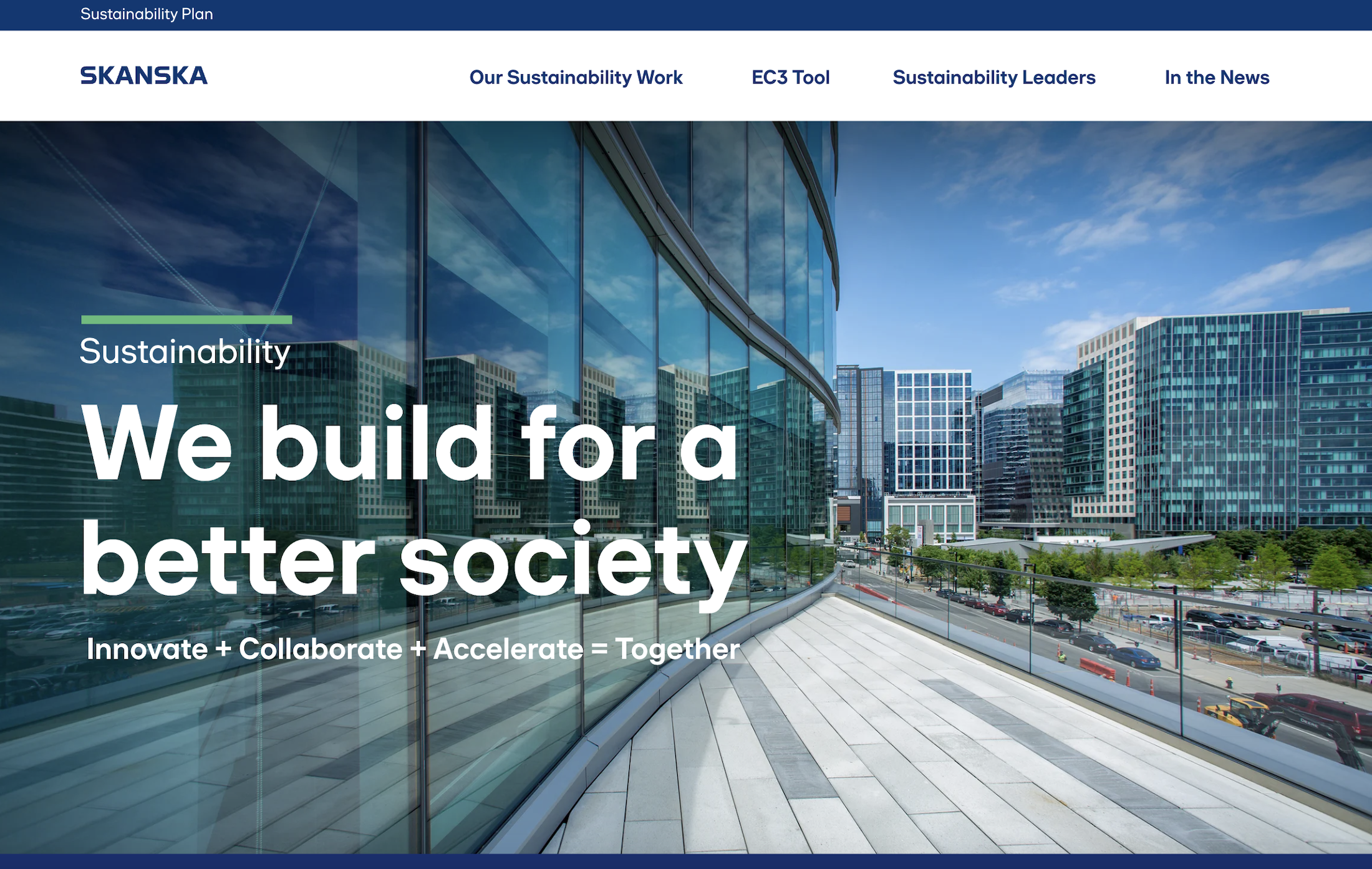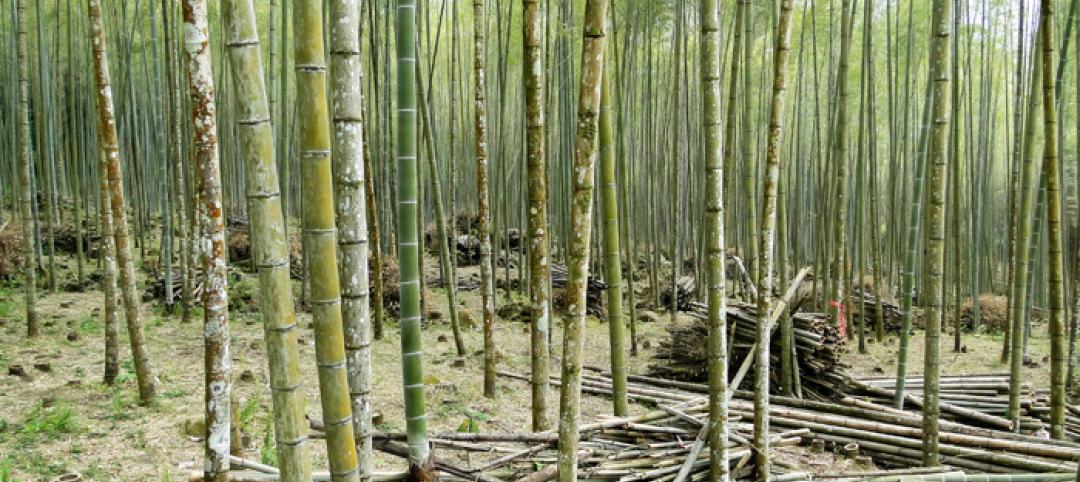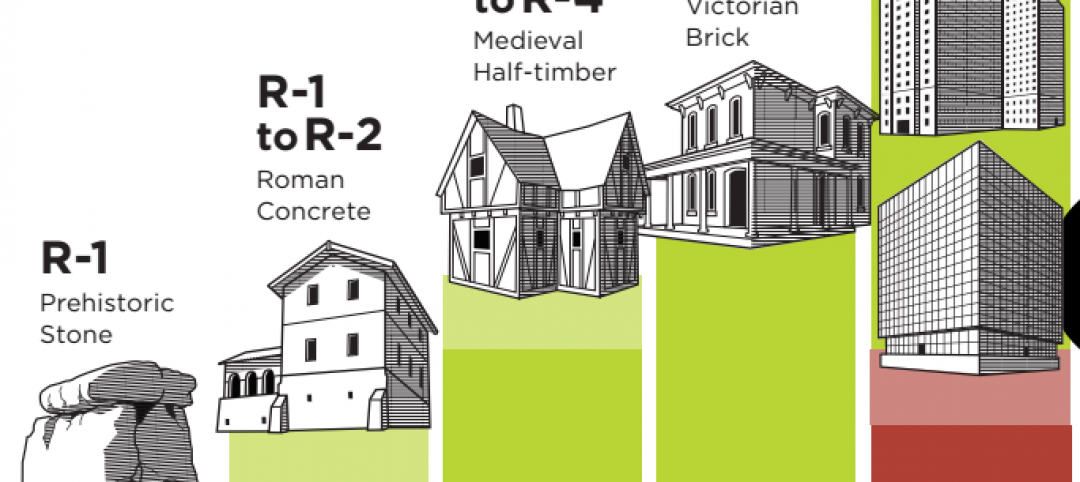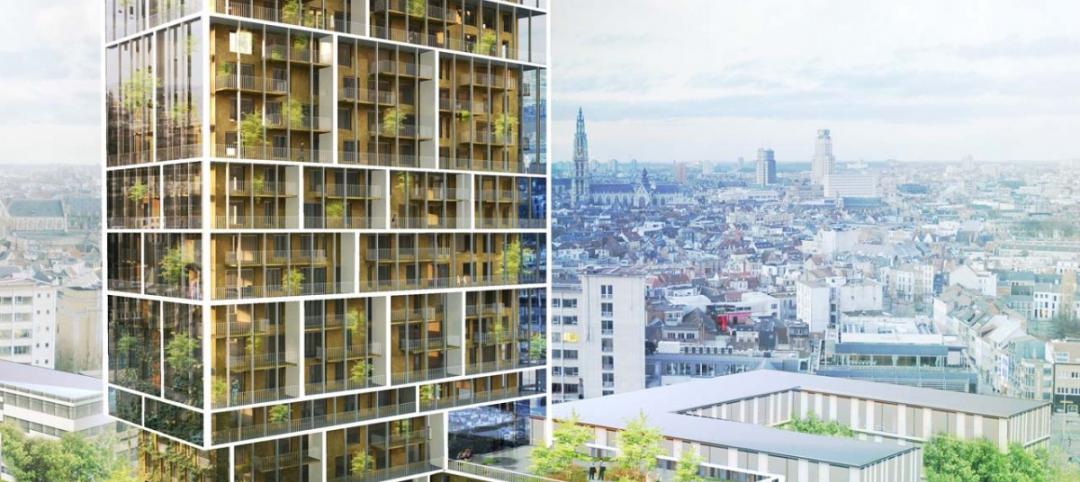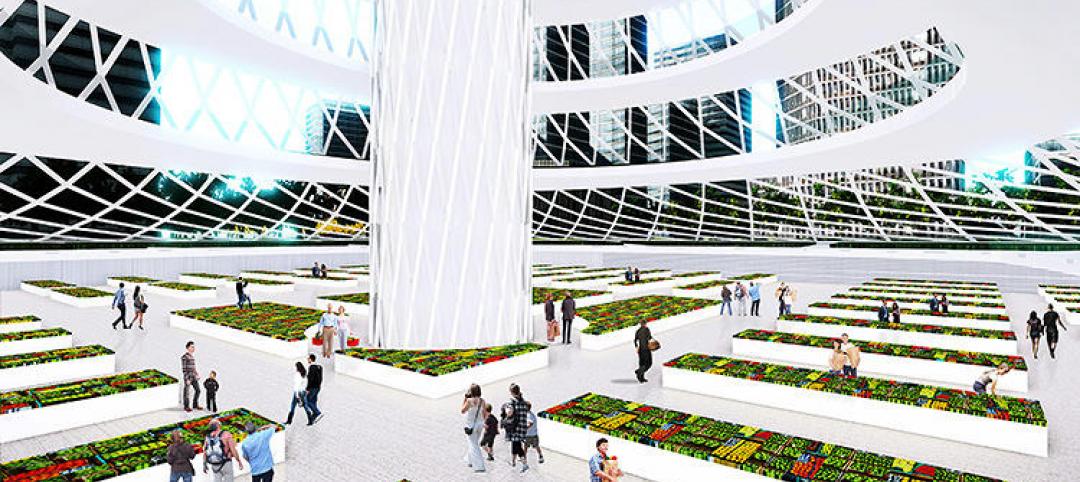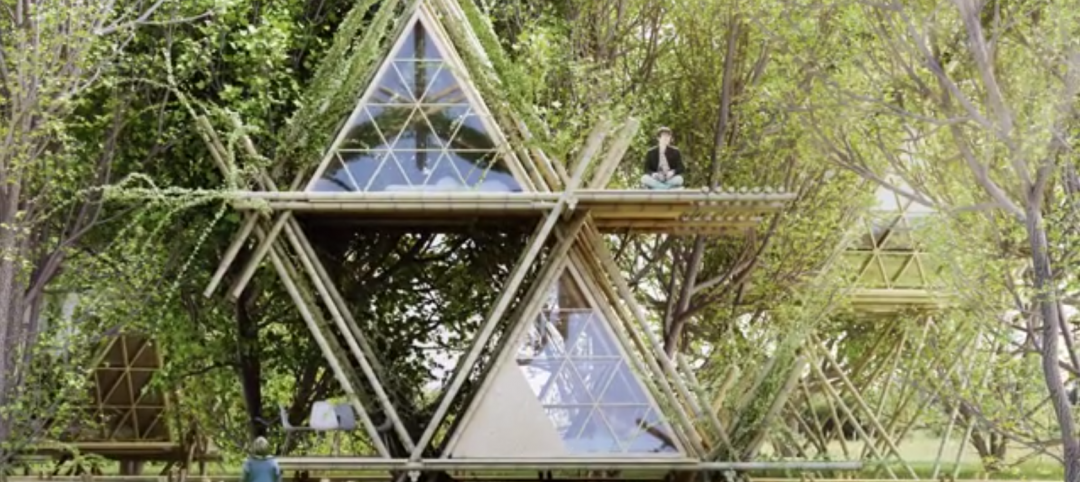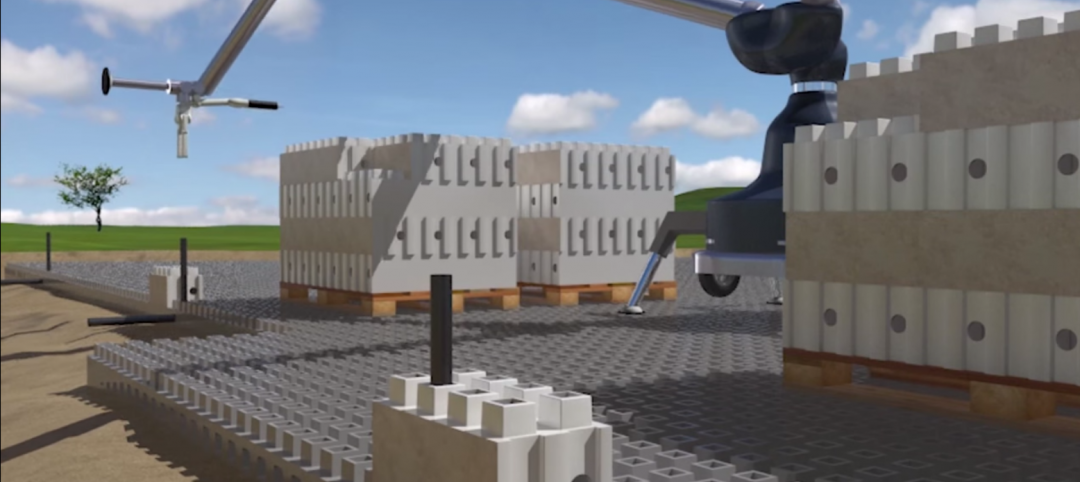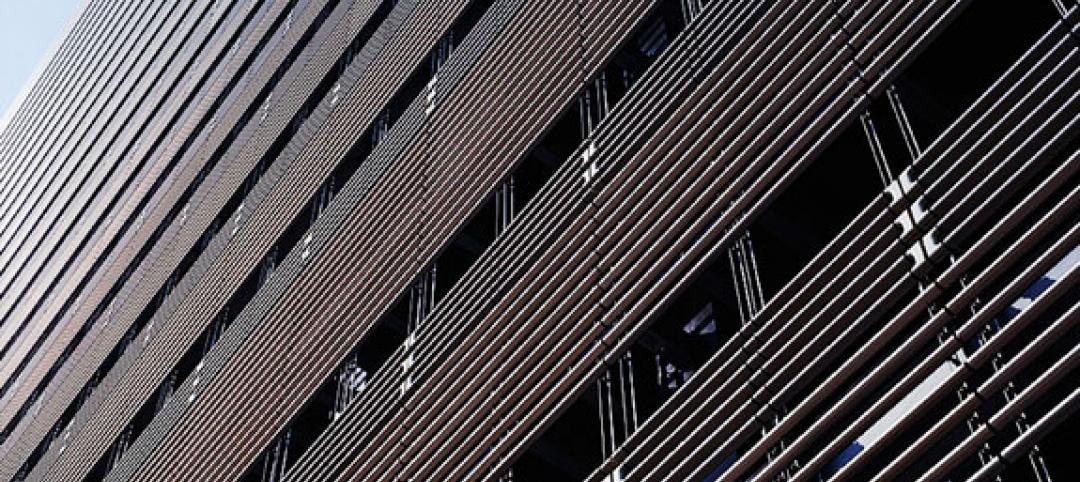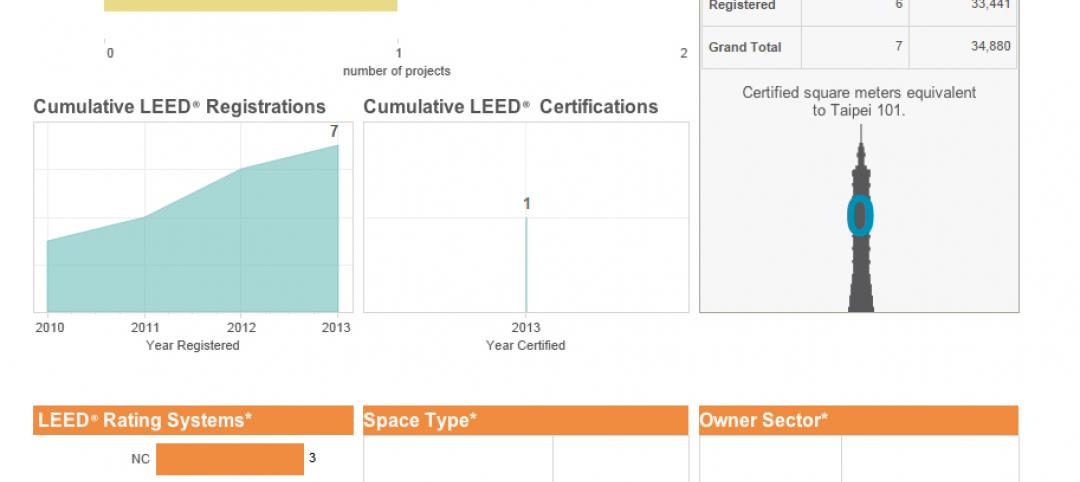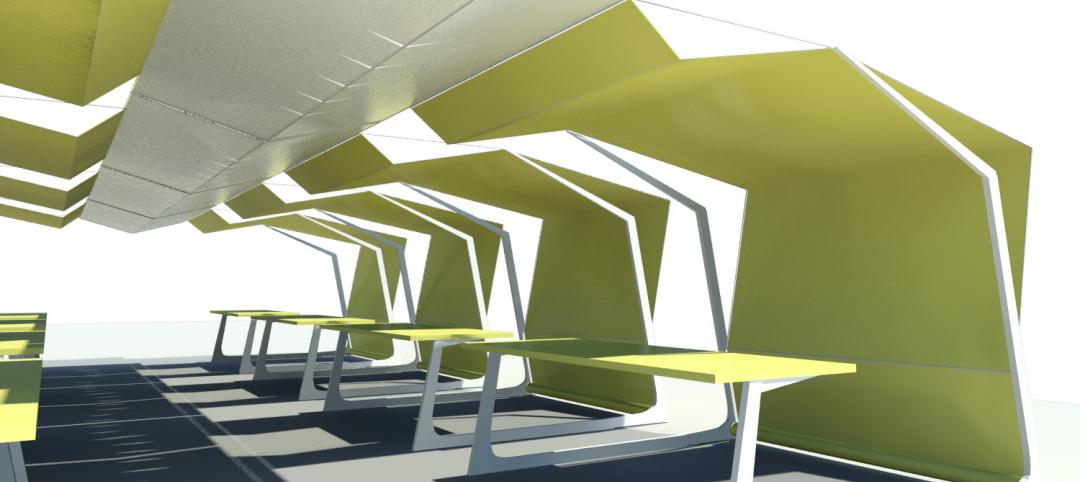Skanska, a global leader in sustainable building, has restructured its Sustainability Team to better serve client and company goals. Co-led by Steve Clem and Myrrh Caplan, who together bring decades of experience, the team will allow Skanska to continue to set the bar for the industry.
“Steve and Myrrh are central to our commitment to sustainability,” said Steve Stouthamer, Executive Vice President, Project Planning, Skanska USA Building. “As Senior Vice Presidents, they’ll leverage Skanska’s global and domestic initiatives to protect our environment and ensure the resilience of the communities we build in. By harnessing their collective expertise, we can make significant strides toward our decarbonization goals while continuing to set the bar for sustainable industry practices.”
With Clem and Caplan at the helm, Skanska is well positioned to support clients and maximize opportunities for sustainability consulting, as state and federal agencies implement stricter sustainability requirements for buildings and construction. Skanska’s robust Sustainability Team, located throughout the country, will continue supporting Clem and Caplan with helping clients meet and exceed their sustainability goals, advancing industry and client outcomes through innovation and research, and identifying opportunities to create more value-add solutions.
Since joining Skanska as a Project Manager in 2005, Caplan has helped shape Skanska’s national approach to sustainable building. She established the company’s first national Green Construction program and chaired Skanska’s first National Green Council. Throughout the past decade, she has managed multiple initiatives including carbon lifecycle analysis and efforts that benefit clients and the industry. Caplan leads Skanska's National Sustainability Team, made up of consultants and advisors.
Caplan was named a 2022 LEED Fellow by the U.S. Green Building Council (USGBC), one of twenty professionals from around the world recognized for their work in advancing green building practices. To date, Caplan has advised on nearly 300 certified projects and projects seeking LEED, Living Building Challenge, WELL, Envision, and other certifications. In 2023, Caplan co-created the Associated General Contractors of America Task Force on Decarbonization and Carbon Reporting to address the challenges around reporting and reducing carbon emissions within construction. She sits on the board of mindfulMaterials, serves on several industry committees, and participates in research with key partners.
Steve Clem joined Skanska as a project engineer in 1997 and over the years, established himself as one of Skanska’s staunchest sustainability leaders. In his role, Clem is responsible for setting and achieving Skanska’s decarbonization goals in the United States and works with construction teams to identify sustainable procurement solutions for clients including the use of mass timber. Clem’s efforts to reduce the industry’s embodied carbon began over 15 years ago and he has been influencing procurement with the Embodied Carbon in Construction Calculator (EC3 Tool) since Skanska co-created and launched the tool in 2019. Clem has also authored multiple cost studies that demystify the adoption of environmentally preferable construction strategies.
Clem spearheaded Skanska’s early participation in the Living Building Challenge – first with the influential Living Building Challenge Financial Study and then with the Bertschi School project. He holds certifications from the US Green Building Council, International Living Future Institute, and OSHA, among other accrediting agencies. Clem is also president of the construction safety non-profit, SafeBuild Alliance, and sits on the board of Building Transparency, which manages the EC3 Tool.
The built environment accounts for nearly 40 percent of carbon emissions globally, with approximately 11 percent embodied in construction materials and an estimated 28 percent stemming from building operations. To reduce its impact on the planet, Skanska has had a long trajectory of environmental accomplishments under Clem and Caplan’s leadership:
- Skanska set an ambitious target to achieve carbon neutrality by 2045 in its own operations and across its entire value chain. As an interim target, its development operations aim to achieve a 70 percent reduction by 2030.
- Skanska has been working on mass timber projects for more than a decade, improving construction schedules while reaping the environmental, health, and aesthetic benefits.
- Skanska has delivered over 44 million square feet of space that has been certified across several systems including LEED®, Envision™, Green Globes, Fitwel and Living Building Challenge. On our own development projects, we target a minimum of LEED® Gold, with many projects achieving LEED Platinum.
- Skanska supports the United Nations Sustainable Development Goals to address issues like climate action, sustainable cities and communities, and responsible consumption and production.
- Skanska is ISO 14001 certified to ensure consistent environmental performance and continuous improvement. Skanska’s ISO 14001 certification program has been recognized by the U.S. Green Building Council.
- Skanska partners with organizations to transform the industry, investing in research and technology, and pioneering sustainable construction practices.
More Information on Skanska’s Sustainability Initiatives:
About Skanska
Skanska uses knowledge & foresight to shape the way people live, work, and connect. More than 135 years in the making, we’re one of the world’s largest development and construction companies. We operate in select markets throughout the Nordics, Europe and the United States. Skanska in the U.S. is headquartered in New York City with 29 offices around the country. In 2022, construction in the U.S. generated $6.9 billion in revenue, and as a developer in the U.S., Skanska has invested a total of $3.5 billion in commercial and multi-family projects. Together with our customers and the collective expertise of our 6,500 teammates in the U.S. and 28,000 globally, we create innovative and sustainable solutions that support healthy living beyond our lifetime.
Related Stories
| Jul 24, 2014
MIT researchers explore how to make wood composite-like blocks of bamboo
The concept behind the research is to slice the stalk of bamboo grass into smaller pieces to bond together and form sturdy blocks, much like conventional wood composites.
| Jul 17, 2014
A harmful trade-off many U.S. green buildings make
The Urban Green Council addresses a concern that many "green" buildings in the U.S. have: poor insulation.
| Jul 17, 2014
A high-rise with outdoor, vertical community space? It's possible! [slideshow]
Danish design firm C.F. Møller has developed a novel way to increase community space without compromising privacy or indoor space.
| Jul 16, 2014
Check out this tree-like skyscraper concept for vertical farming
Aprilli Design Studio has stepped forward with a new idea for a vertical farm, which is intended to resemble a giant tree. It uses lightweight decks as outdoor growing space, adding up to about 25 acres of space.
| Jul 14, 2014
Meet the bamboo-tent hotel that can grow
Beijing-based design cooperative Penda designed a bamboo hotel that can easily expand vertically or horizontally.
| Jul 11, 2014
Are these LEGO-like blocks the future of construction?
Kite Bricks proposes a more efficient way of building with its newly developed Smart Bricks system.
| Jul 10, 2014
BioSkin 'vertical sprinkler' named top technical innovation in high-rise design
BioSkin, a system of water-filled ceramic pipes that cools the exterior surface of buildings and their surrounding micro-climates, has won the 2014 Tall Building Innovation Award from the Council on Tall Buildings and Urban Habitat.
| Jul 10, 2014
New tool aggregates LEED project info for over 150 countries
The U.S. Green Building Council announced the launch of an expanded online data visualization resource that will allow any user to access aggregated LEED green building project information in the more than 150 countries with LEED projects.
| Jun 30, 2014
4 design concepts that remake the urban farmer's market
The American Institute of Architects held a competition to solve the farmer's markets' biggest design dilemma: lightweight, bland canopies that although convenient, does not protect much from the elements.
| Jun 20, 2014
U.S. Energy Information Administration releases preliminary Commercial Buildings Energy Consumption Survey results
Federal survey project shows that commercial-building floorspace has grown 22% since 2003; energy-use data will be released in Spring 2015.


